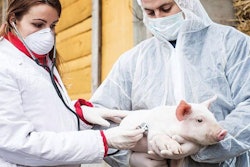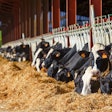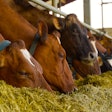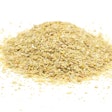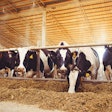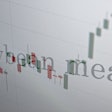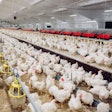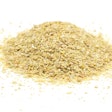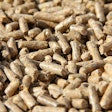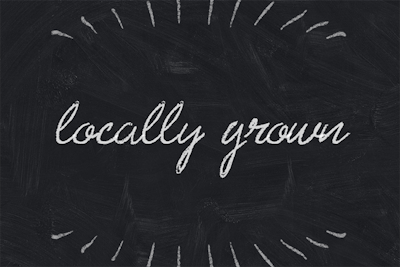
I cannot but smile — and admire — the efforts of some countries to protect and enhance their own agricultural sector in the midst (or is it the beginning of the end?) of globalization. Of course, other countries have just given up from day zero, and now they are faced with expensive imports and loss of sovereignty.
In terms of animal nutrition, I continue to follow the tireless efforts of the European Union, as expressed by a handful of determined countries, to replace imported soybean meal. Nothing wrong here as there is no norm saying soybeans are the only protein source suitable for animals. In fact, it is a distortion due to trade conditions that most animals globally are raised on soybean protein — and here I am just referring to normal soybean meal, and not to special soy protein products that have a different role to play.
People still believe that animals raised in their own country are better/safer/tastier than those imported.
Today, there is a growing awareness in the minds of those responsible for national policies, at least in some countries lucky enough to have such enlightened minds, that producing your own protein crops is just not enough. Thus, a new trend is promoted: that of animal products from animals fed with locally grown ingredients. Somehow, people still believe that animals raised in their own country are better/safer/tastier than those imported. Consumers do not recognize that a broiler is likely to be one of two available major genetics, fed corn from the U.S. or wheat from Ukraine, and soybeans from Brazil, with minerals from Morocco and vitamins from China. This broiler is the same in Belgium as in the UK or Italy! The same applies to most other cases.
So, when a country decides to devote its own protein crops, like fava beans, to broiler feeding and markets their own broilers as fed with locally grown ingredients, is this a clever marketing strategy, a way to protect their own people and industries, or both?


